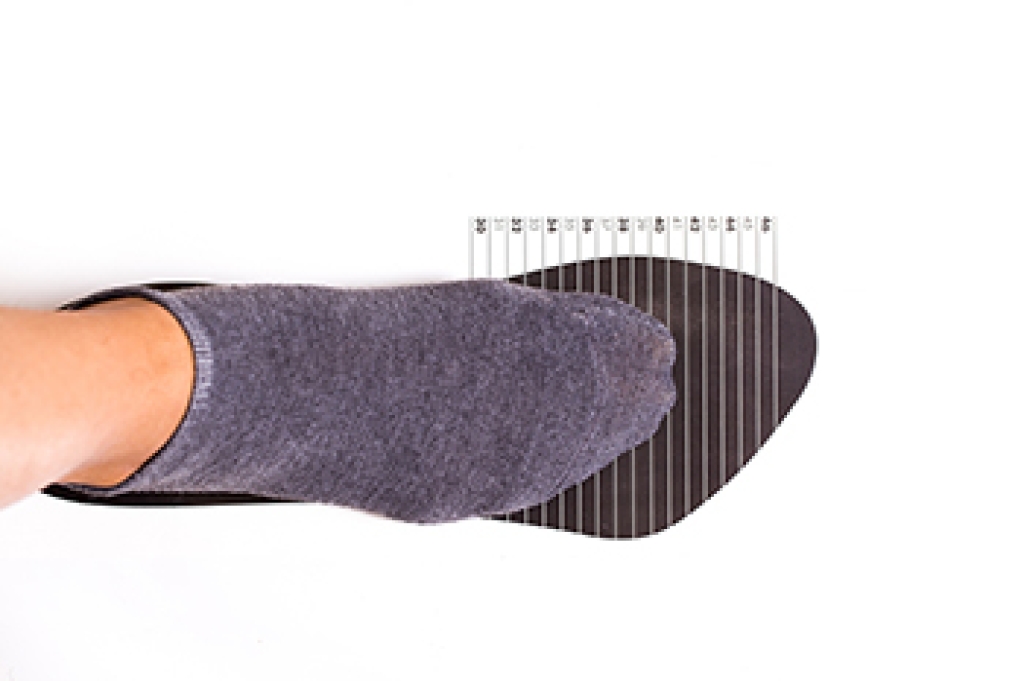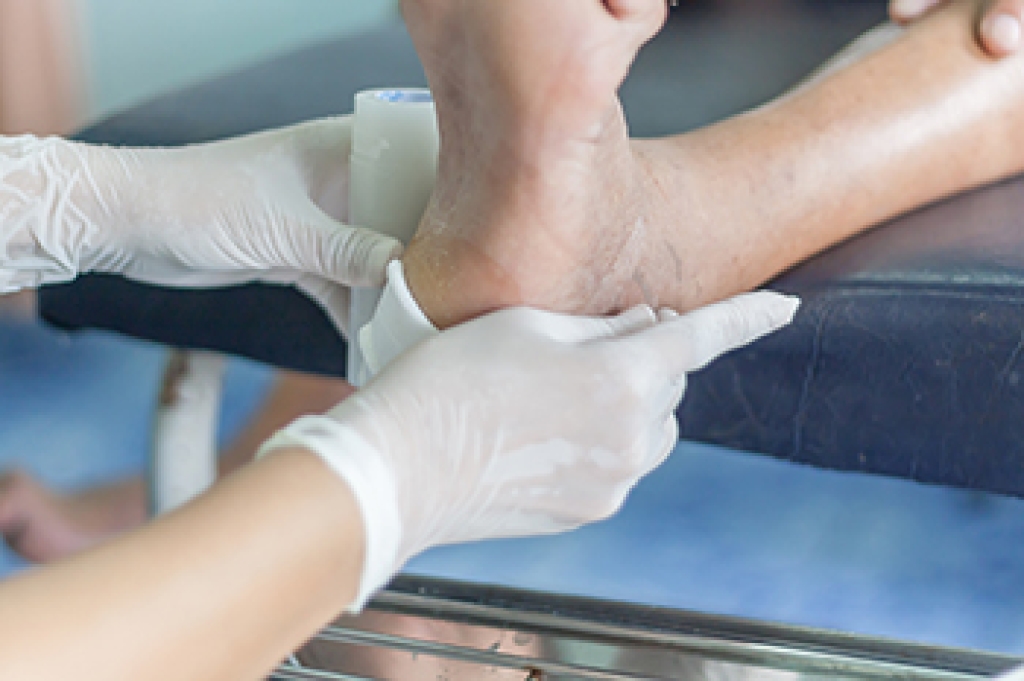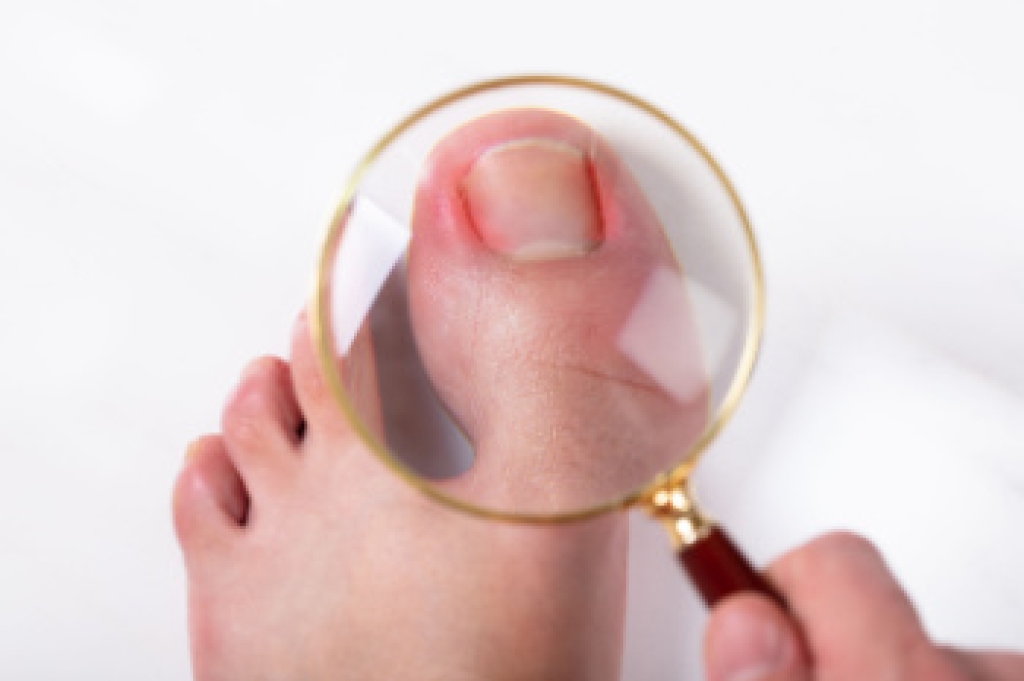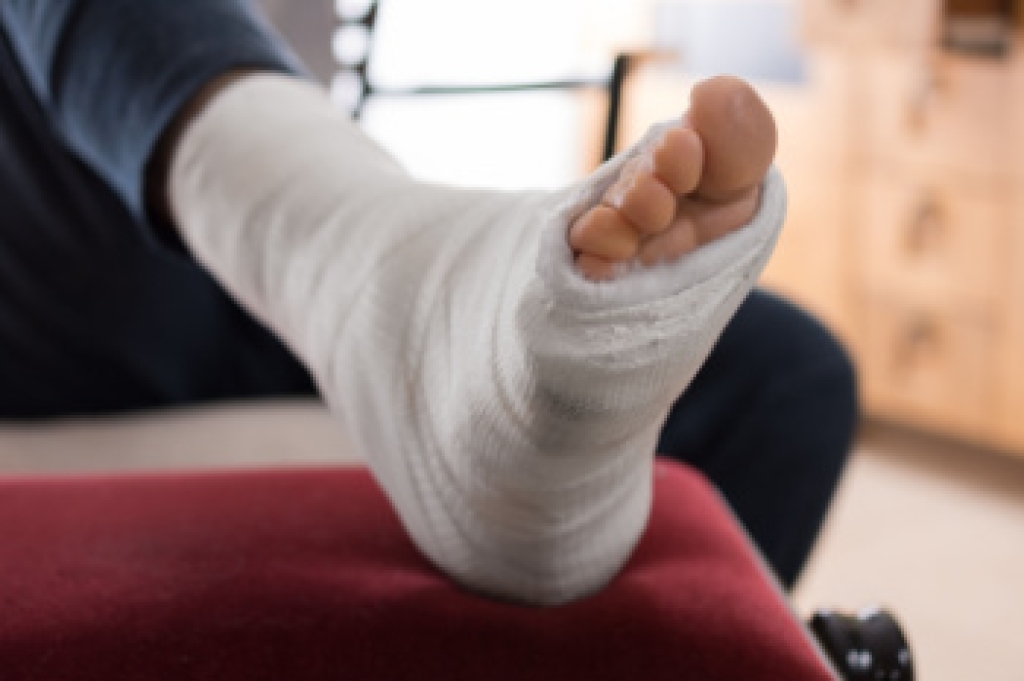
Finding the right shoe size at home begins with measuring your feet carefully. Place a sheet of paper on a flat surface against a wall and stand on it without socks, keeping your heel lightly touching the wall. Trace the outline of your foot while standing to capture its full shape. Measure the distance from the heel to the longest toe to determine length, then measure the widest part of the foot for width. Repeat with the other foot since sizes may differ. Compare your measurements to a reliable sizing chart from the shoe brand you plan to purchase. A podiatrist can evaluate foot shape, arch type, and gait to also help ensure proper fit and comfort. If you have foot pain from wearing the wrong size shoes, it is suggested that you consult a podiatrist who can offer effective relief tips, and guide you on additional ways to find your correct shoe size.
Getting the right shoe size is an important part of proper foot health. Seek the assistance of Philip C. Caswell, DPM from Family Foot & Ankle Care. Our doctor will provide the care you need to keep you pain-free and on your feet.
Getting the Right Shoe Size
There are many people who wear shoes that are the incorrect size, negatively affecting their feet and posture. Selecting the right shoes is not a difficult process, so long as you keep several things in mind when it comes to choosing the right pair.
- When visiting the shoe store, use the tools available to measure your foot.
- Be sure there is ‘wiggle room’. There should be about an inch between your toes and the tip of your shoes.
- Do not always assume you are the same size, as manufacturers run differently.
- Purchase shoes later in the day, as your feet swell as the day progresses.
- If a shoe is not comfortable, it is not suitable. Most shoes can’t be ‘broken in’, and comfort should be the ultimate goal when it comes to choosing the right pair of shoes
As our feet hold our body weight and keep us moving, it is important to treat them right. Picking the right pair of shoes can provide your feet comfort and mobility without pain.
If you have any questions, please feel free to contact our office located in Sparta, NJ . We offer the newest diagnostic and treatment technologies for all your foot care needs.




